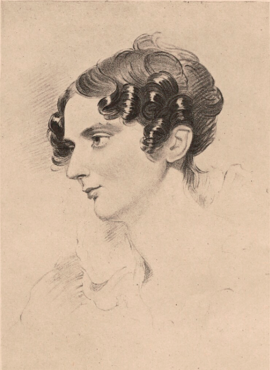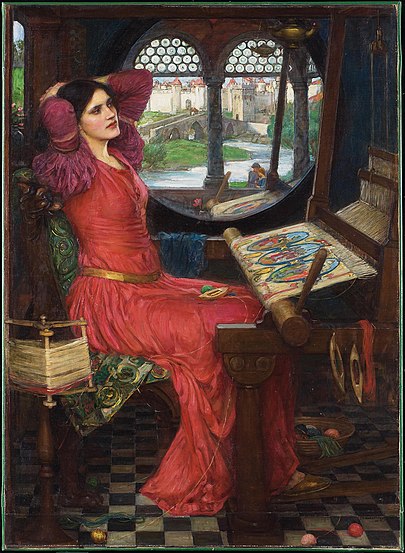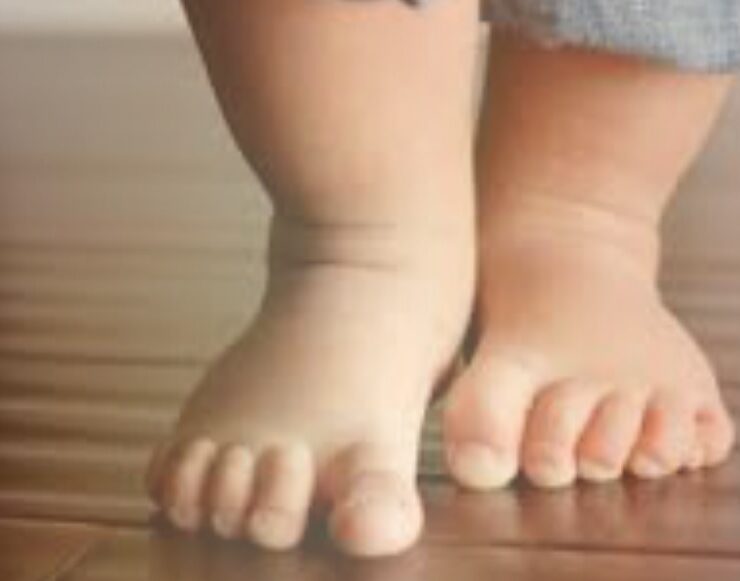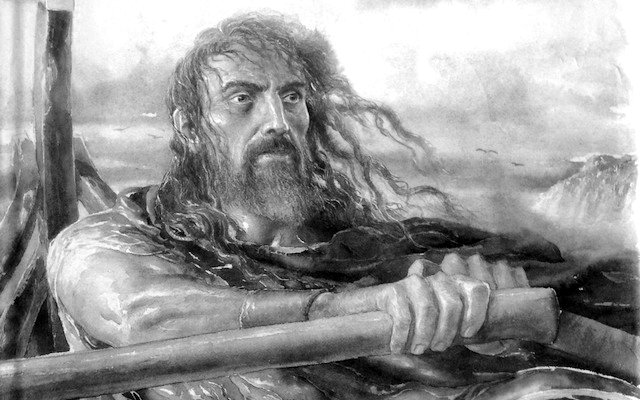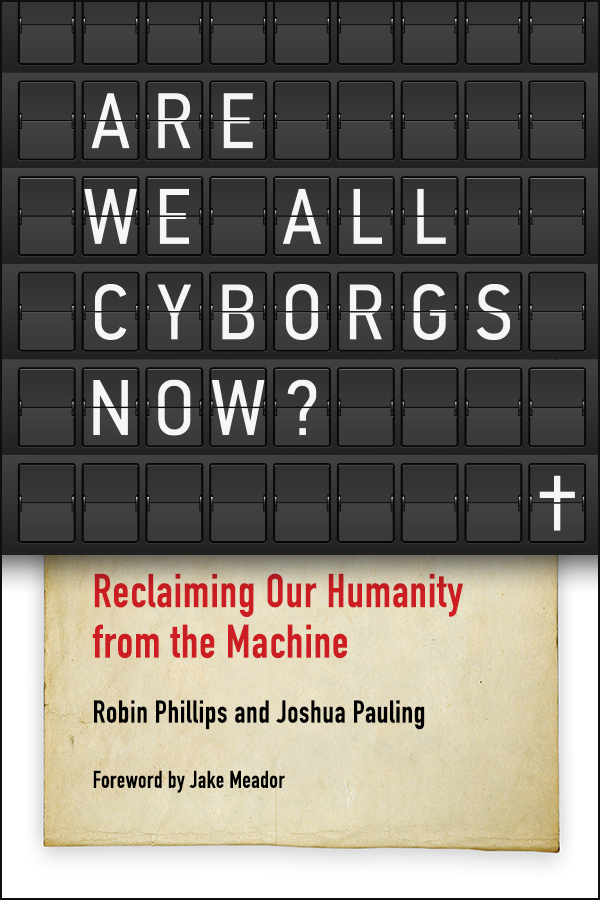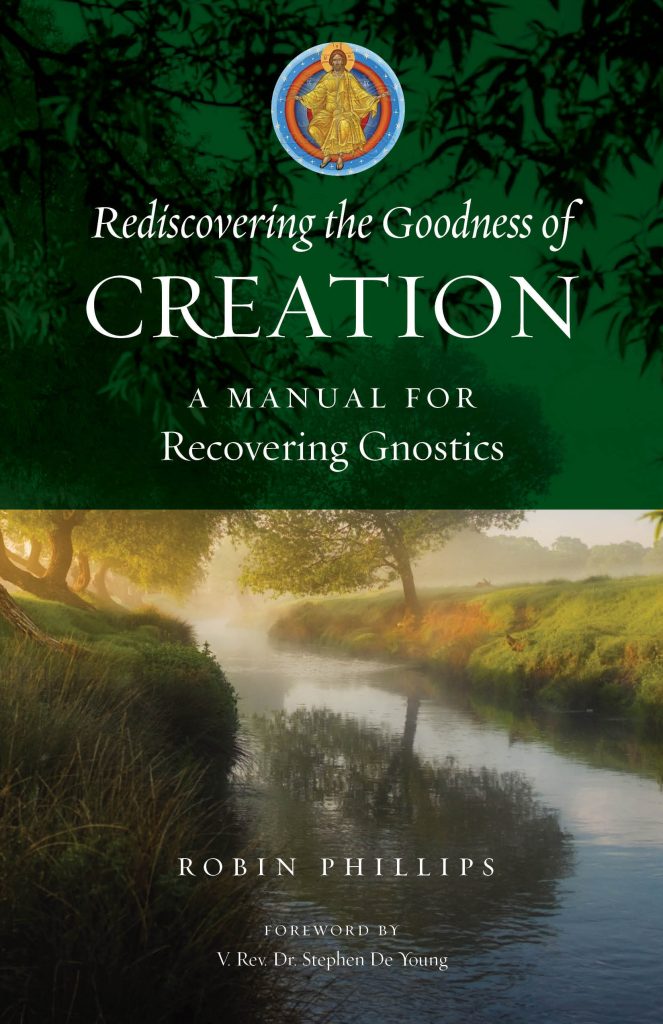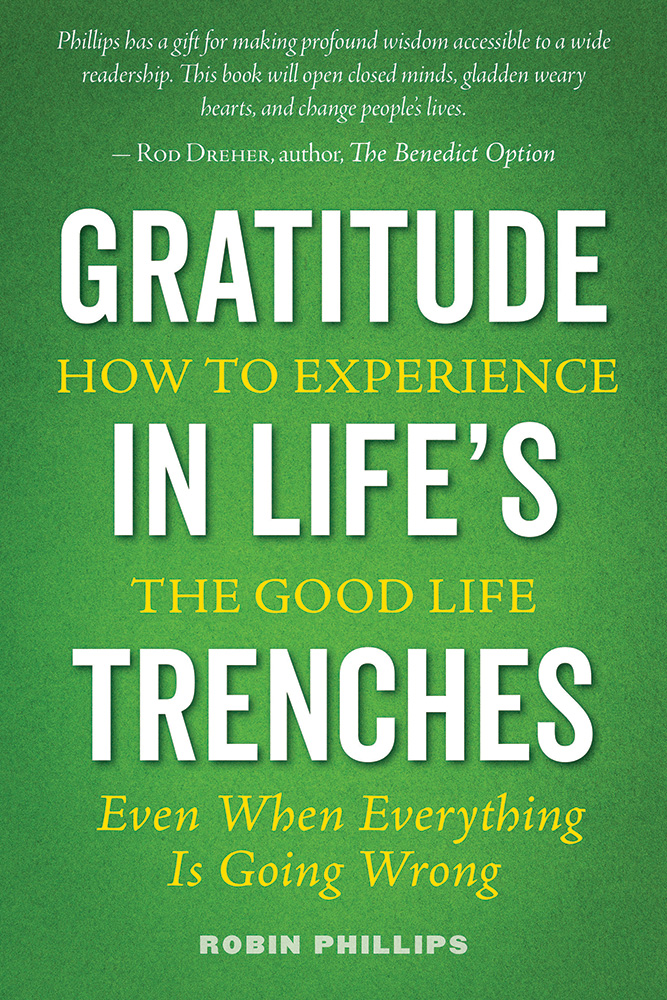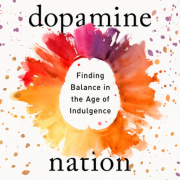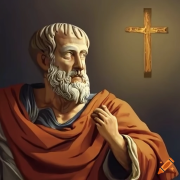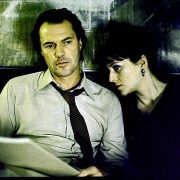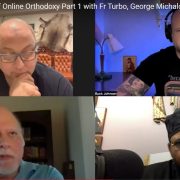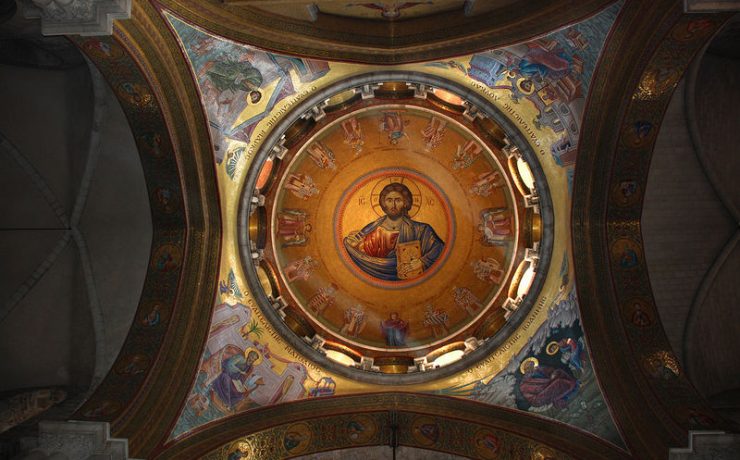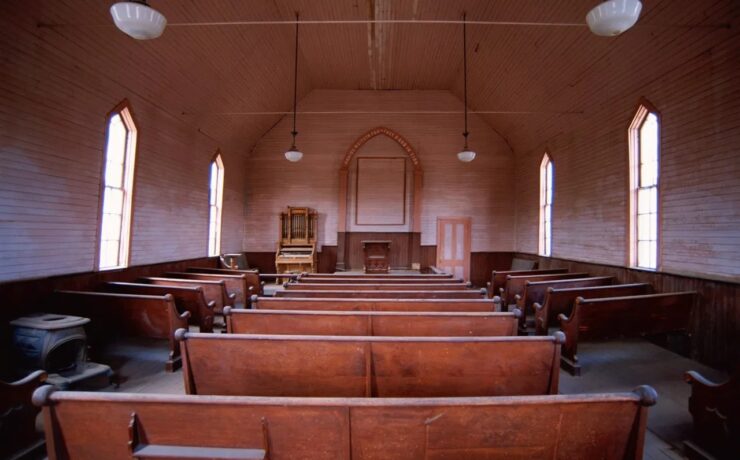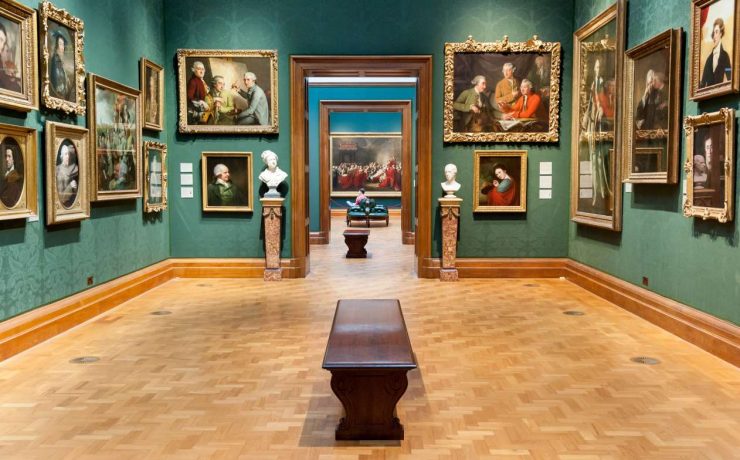From my article ‘Your Day Job is Your Ministry‘: When the apostle Paul was writing to Titus, he told him a specific message to give to bondservants. Paul said that “in everything…
From my post ‘What Science Has to Say About Heavy-Handed Parenting‘: “…we often see similarities in the outcome of children whose parents who are too loose and children whose parents are overly…
From ‘Peter Leithart on the End of Protestantism‘: [The claims made by those advancing ‘Reformed Catholicity’ imply] that true catholicity is only realized by Protestants in the twentieth-century onwards, which is (historically…
Among my circle of friends, I’m always the last one to find out the news. Why? Because I don’t read Facebook. Anyone who is a “friend” of mine on Facebook may find…
From “School Deform How Common Core Promotes Cultural Engineering by Killing the Imagination“: “To cultivate learning without cultivating the imagination is to create automatons, for it is through the imagination that we…
‘What religion are you?’ Antonio Espares and his two co-workers had been abducted by masked men. His friends said that they were Muslims. Antonio could have done the same; he was a…
From my Colson Center article ‘Liberation from Embodiment: How the Modern World Wages War Against the Female Body‘: “Commercialism dehumanizes us through industries and technologies that democratize our concept of beauty. In…
From ‘Literary Criticism and the Biblical Worldview (Part 2)‘ Just as a Christian approach to literature involves enjoying literary works for their own sake regardless of any functional value, so it also…
From ‘Literary Criticism and Postmodernism‘: Sadly, many Christians have succumbed to a Postmodern approach to scripture. You may have been at a Bible study before where it is the custom to go…
From ‘Free Speech and Islam‘: “Classical liberalism, for all its limitations, was at least committed to defending individual freedom against the encroachments of state power. That is, after all, why it was…
From ‘Anti-Discrimination Laws (Part 2)‘ The non sequitur move from “X is wrong” to “X should be illegal” usually hinges on the implicit notion that it is the State’s job to redesign…
From ‘Literary Criticism and Postmodernism‘: Postmodernism has brought us to a position where many academics truly believe that the meaning of a text remains completely inaccessible to the reader. Literary criticism is…



